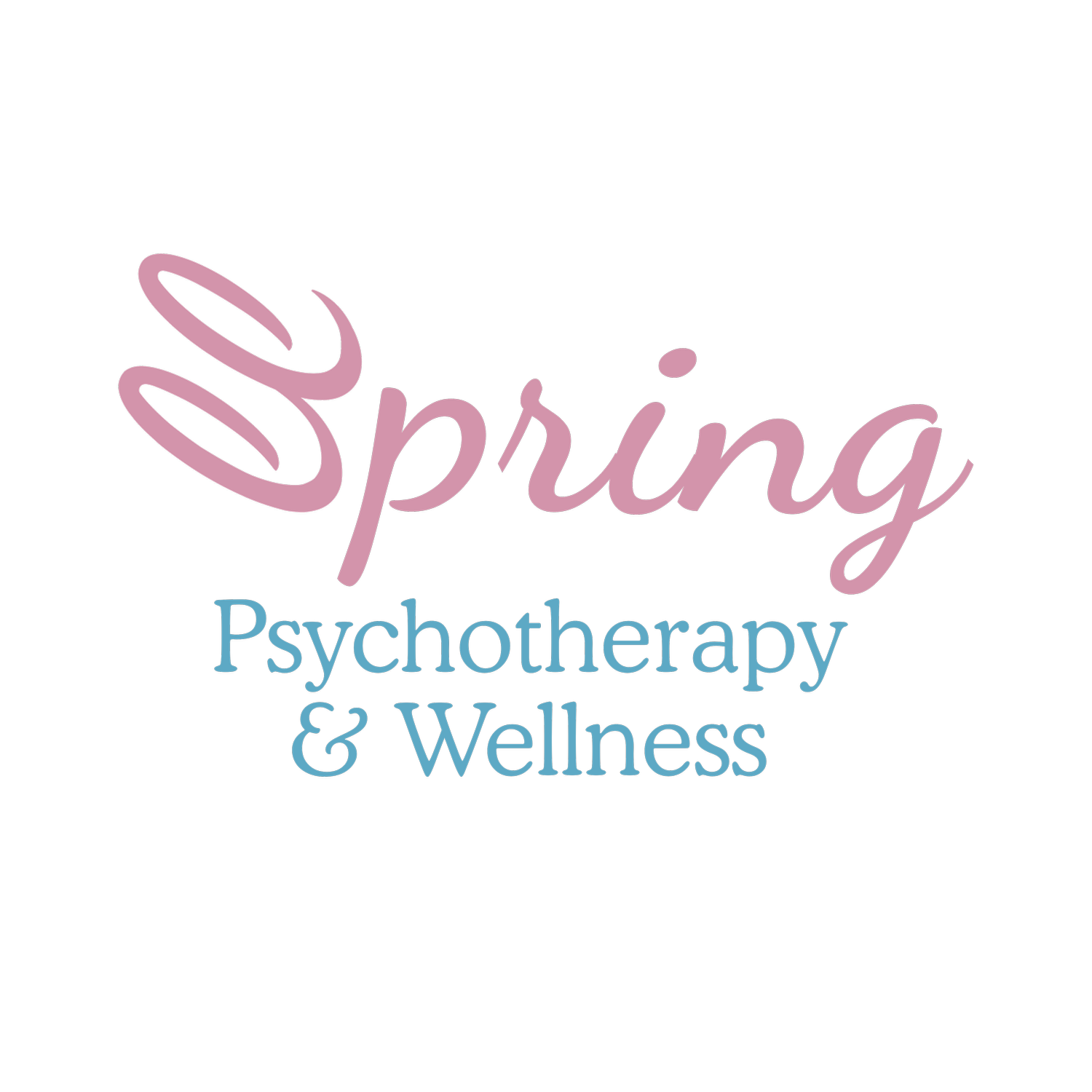Transitioning from Recovery in Residential to Recovery in Your Residence
You have already taken the important step of seeking treatment for your eating disorder. In-patient or residential treatment can provide you with the support and structure you need to start your recovery journey. However, at some point, you will need to transition to recovering on your own.
Here are some tips for making this transition successfully:
Develop a strong aftercare plan. Your aftercare plan should include things like:
Continuing to attend therapy or support groups
Building a strong support network
Developing healthy coping mechanisms
Managing your triggers
Be patient with yourself. Transitioning to recovery on your own takes time and effort. Don't expect to be perfect overnight. Just focus on taking one day at a time.
Don't be afraid to ask for help. If you're struggling, don't be afraid to reach out to your therapist, sponsor, or other members of your support network. They can help you stay on track and avoid relapse.
Celebrate your successes. It's important to celebrate your successes, no matter how small. This will help you stay motivated and on track.
Don't give up. Recovery is a lifelong journey. There will be setbacks along the way, but it's important to never give up. Keep working hard and you will eventually reach your goals.
Sure, here is a blog post about how to transition from in treatment recovery to recovering on your own:How to Transition from In-Treatment Recovery to Recovering on Your Own
Congratulations on taking the important step of seeking treatment for your eating disorder. In-patient or residential treatment can provide you with the support and structure you need to start your recovery journey. However, at some point, you will need to transition to recovering on your own.
Here are some tips for making this transition successfully:
Develop a strong aftercare plan. Your aftercare plan should include things like:
Continuing to attend therapy or support groups
Building a strong support network
Developing healthy coping mechanisms
Managing your triggers
Be patient with yourself. Transitioning to recovery on your own takes time and effort. Don't expect to be perfect overnight. Just focus on taking one day at a time.
Don't be afraid to ask for help. If you're struggling, don't be afraid to reach out to your therapist, sponsor, or other members of your support network. They can help you stay on track and avoid relapse.
Celebrate your successes. It's important to celebrate your successes, no matter how small. This will help you stay motivated and on track.
Don't give up. Recovery is a lifelong journey. There will be setbacks along the way, but it's important to never give up. Keep working hard and you will eventually reach your goals.
Here are some additional tips that may be helpful for you:
Set realistic goals. Don't try to do too much too soon. Start by setting small, achievable goals and gradually work your way up to bigger goals.
Take care of your physical health. Eating a healthy diet, getting regular exercise, and getting enough sleep will help you feel better physically and emotionally.
Take care of your mental health. Continue to see a therapist or counselor who can help you work through any challenges you may be facing.
Get involved in your community. Surrounding yourself with positive people who support your recovery will help you stay on track.
Remember, you are not alone in this journey. There are many people who care about you and want to help you succeed. With hard work and dedication, you can achieve long-term recovery.
Here are some additional resources that may be helpful:
Project Heal: https://www.theprojectheal.org
The Eating Disorders Coalition: https://www.eatingdisorderscoalition.org/
The National Association of Anorexia Nervosa and Associated Disorders: https://anad.org/
The National Eating Disorders Helpline: https://www.nationaleatingdisorders.org/help-support/contact-helpline

